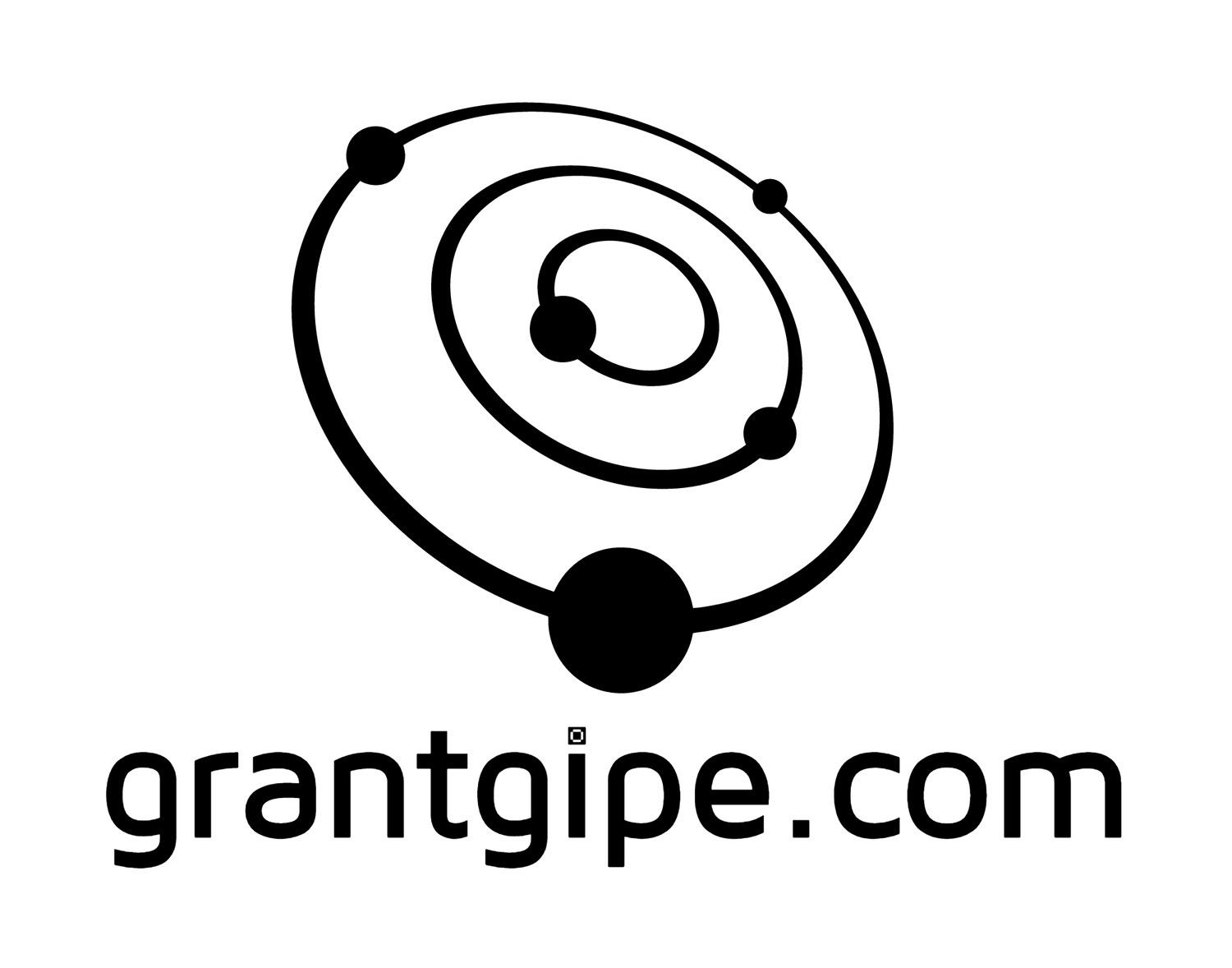I highly recommend the following books:
(1) Business Adventures – It's a collection of the late John Brooks' New Yorker articles from the 1960s, chronicling events like the catastrophic launch of the Ford Edsel and Xerox's explosive growth in its early years.
(2) Smartcuts: How Hackers, Innovators, and Icons Accelerate Success – Journalist and entrepreneur Shane Snow breaks down how some people use "lateral thinking" to ignore convention and grow their companies or personal brands at an incredibly fast rate.
(3) Dataclysm: Who We Are (When We Think No One's Looking) - Author Christian Rudder uses the massive amount of personal information we share about ourselves online to analyze the modern world based on everything from Google search terms to Facebook likes.
(4) Crazy Is a Compliment: The Power of Zigging When Everyone Else Zags - Written by Linda Rottenberg. It's an of her learnings over 20 years of working with business owners. It explains why she thinks everyone needs to take lessons from entrepreneurs to not only keep their jobs in a volatile work environment but also to rise up the hierarchy or rapidly grow their companies.
(5) The Innovators: How a Group of Hackers, Geniuses, and Geeks Created the Digital Revolution - Written by Walter Isaacson. This book is a chronicle of disruptive technology from Lord Byron's daughter Ada Lovelace in the 1840s to today's leaders like Larry Page and Sergey Brin.
















